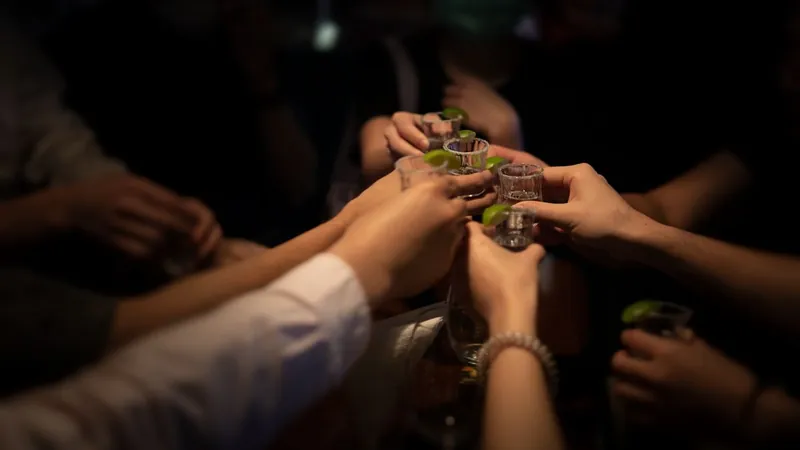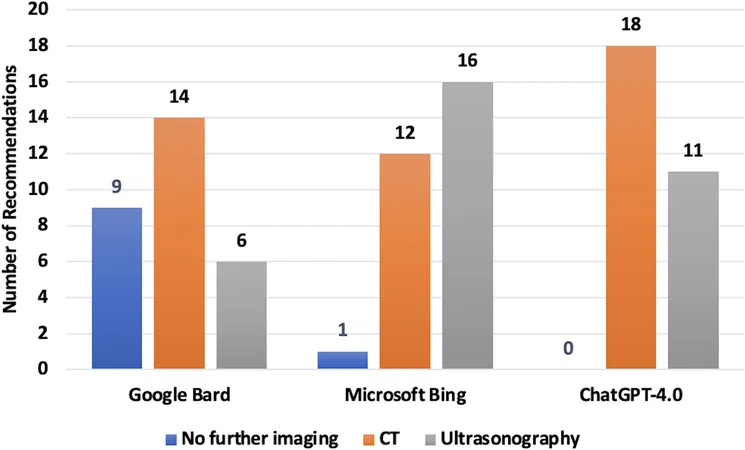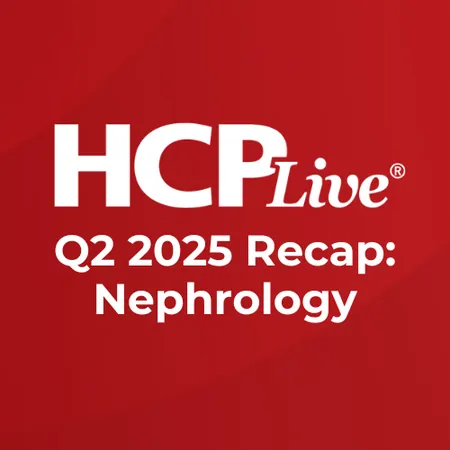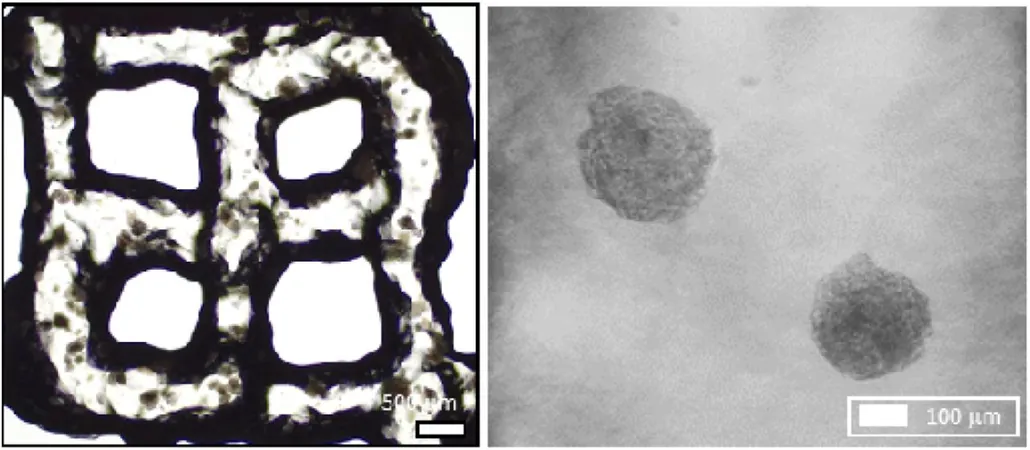
Are You Binge Drinking? Discover the Hidden Dangers of High-Intensity Drinking!
2025-01-02
Author: Jia
Understanding Binge Drinking: Is it Just About Getting Drunk?
Most people equate binge drinking with simply 'drinking to get drunk,' but there's a more technical definition established by the National Institute on Alcohol Abuse and Alcoholism (NIAAA). Binge drinking occurs when an individual consumes enough alcohol within roughly two hours to elevate their blood-alcohol concentration (BAC) to 0.08% or higher. For the average adult, this translates to approximately four drinks for women and five drinks for men. To clarify, a standard U.S. drink contains about 0.6 ounces (14 grams) of pure alcohol, which is found in: - 12 ounces of beer - 5 ounces of wine - 1.5 ounces of distilled spirits Interestingly, women reach this critical BAC level faster than men due to a generally higher fat-to-water ratio in their bodies. This difference means that even consuming the same amount of alcohol, women can end up feeling the effects more intensely.
The Insidious Nature of High-Intensity Drinking
Even more alarming than binge drinking is a behavior known as high-intensity drinking. Defined by the NIAAA as consuming two or more times the amount considered binge drinking, this means ten or more drinks for men and eight or more for women in about two hours. This level of consumption significantly amplifies the risks associated with binge drinking.
Beware: Health Risks of Binge Drinking
The immediate risks of binge drinking can be grave. Alcohol acts as a depressant on the brain, slowing down reflexes and leading to dangerous accidents, such as falls, car crashes, and drowning. Furthermore, binge drinking is known to impair memory by affecting the hippocampus, potentially resulting in blackouts—those regrettable moments that elude recollection while intoxicated. The stakes get even higher; excessive alcohol consumption can lead to alcohol poisoning, a condition that may cause vomiting, seizures, coma, or even death as vital brain functions compromise.
Long-Term Consequences: What's at Stake?
While a hangover may be the most immediate consequence of binge drinking, frequent indulgence can lead to dire long-term health effects. Prolonged binge drinking takes a toll on the liver, potentially leading to liver disease as this organ struggles to process the alcohol. Furthermore, the risk of cardiovascular complications rises significantly, with heavy drinking linked to high blood pressure, heart attacks, and strokes. Did you know that habitual binge drinking has been associated with neurological damage? Individuals may develop 'alcoholic neuropathy,' experiencing numbness, pain, and mobility issues. Moreover, there's compelling evidence that suggests alcohol consumption increases the risk of various cancers, including those of the esophagus, stomach, and liver. Beyond these physical ailments, binge drinking can wreak havoc on gut health. It disrupts the delicate balance of the gut microbiome, leading to an overload of harmful bacteria while reducing beneficial ones, which can result in chronic gut inflammation and a host of digestive issues.
The Alarming Reality of Alcohol Use Disorder
Binge drinking is a slippery slope that can lead to the development of Alcohol Use Disorder (AUD), characterized by cravings, loss of control over drinking, and negative emotional states when not consuming alcohol. While not every binge drinker will develop AUD, the increase in risk is substantial. High-intensity drinking magnifies all these risks, creating a perfect storm for health disasters, from acute alcohol poisoning to long-term organ damage and an augmented chance of cancer.
What You Need to Know
If you or someone you know struggles with these drinking patterns, it’s crucial to reach out to healthcare professionals for assistance. Understanding the real implications of binge drinking and high-intensity drinking could be a life-saving knowledge. Don't wait until it's too late; make the choice to drink responsibly and seek help if needed! As we navigate the festive cheer, let’s stay informed and prioritize our health. Remember, moderation is key!





 Brasil (PT)
Brasil (PT)
 Canada (EN)
Canada (EN)
 Chile (ES)
Chile (ES)
 Česko (CS)
Česko (CS)
 대한민국 (KO)
대한민국 (KO)
 España (ES)
España (ES)
 France (FR)
France (FR)
 Hong Kong (EN)
Hong Kong (EN)
 Italia (IT)
Italia (IT)
 日本 (JA)
日本 (JA)
 Magyarország (HU)
Magyarország (HU)
 Norge (NO)
Norge (NO)
 Polska (PL)
Polska (PL)
 Schweiz (DE)
Schweiz (DE)
 Singapore (EN)
Singapore (EN)
 Sverige (SV)
Sverige (SV)
 Suomi (FI)
Suomi (FI)
 Türkiye (TR)
Türkiye (TR)
 الإمارات العربية المتحدة (AR)
الإمارات العربية المتحدة (AR)